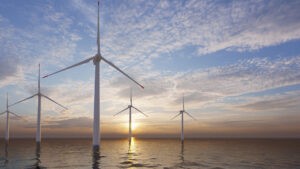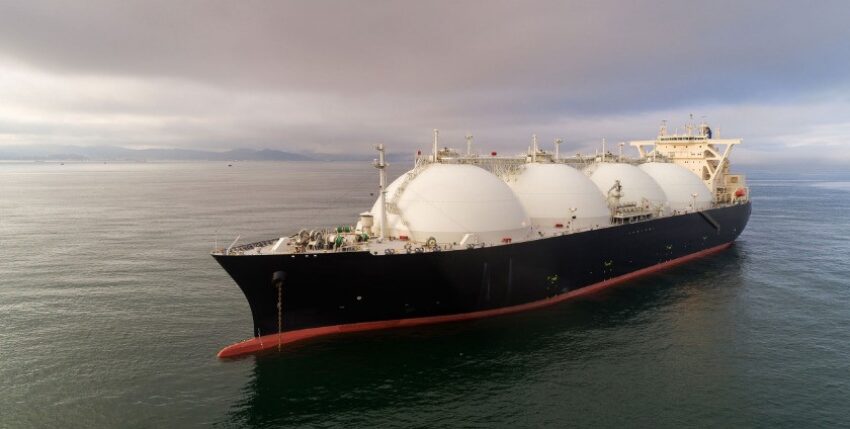As the news portal n-tv.de reported, China has already secured a large share of global LNG supplies with long-term contracts.
Who comes too late ...
If German energy companies want to secure future gas supplies from the USA, for example, they may have to turn to Chinese intermediaries rather than American producers. China is strategically expanding its role on the global LNG market - from a pure importer to a dominant intermediary. Following the abrupt end of Russian gas supplies, a race has emerged among consumer countries for the limited reserves of the major producer countries. With the support of the German government, German companies are endeavouring to secure supply commitments from the Gulf state of Qatar, among others. However, Chinese energy companies are considerably more successful. Last year, the state-owned oil and gas giant Sinopec agreed one of the largest LNG deals of all time with Qatar. According to Bloomberg, China has concluded more contracts with US exporters, Germany's most important LNG supplier to date, in the last two years than any other country. This trend is likely to continue in the coming years and ensure that Chinese energy traders will dominate the global LNG market for decades to come.
Price decline made in China
China obviously wants to secure its own energy requirements with these large quantities of gas. However, the country's energy companies are also increasingly becoming traders. When their own demand is covered, the gas is sold on to the highest bidder on a large scale. Last year, the Chinese economy suffered greatly from the tough coronavirus lockdown. As a result, China sold at least 5.5 million tonnes of LNG on the global market. With this gas, which corresponds to around six per cent of the trading volume on the global spot market, China had a very positive influence on prices, which initially shot up to extreme heights last year as a result of the Russian supply freeze to Europe and then collapsed again. "If China's gas demand had not fallen in 2022, the global gas market - and Europe's energy security - would be in a much more dangerous position," Bloomberg quotes an energy analyst from Credit Suisse.
New dependencies
China's economic development and the energy demand of the second largest economy, which is dependent on it, has been an important factor for many commodity prices, such as oil, for many years. This has also led to volatile world market prices in the event of unexpected fluctuations in China's economy. By securing long-term gas supplies, China is now making itself less dependent on the whims of the commodity markets. By selling large quantities of gas on the world market or withdrawing it from it, it could exacerbate price fluctuations for other importers - such as Germany - in the future.
 And what about the wind?
And what about the wind?
There is something fascinating about facts - they bring you down to earth! In its annual report, the World Forum Offshore Wind (WFO) reports that China continues to lead the expansion of offshore energy generation worldwide and now accounts for almost half of total capacity. Only an additional seven gigawatts (9.4 GW worldwide) were connected to the grid in 2022, compared to 12.7 gigawatts in 2021 (15.6 GW worldwide). A total of 57.6 GW is currently generated by wind power around the globe - and Chinese plants supply 25.6 GW of this, i.e. a good 44%. That is more than the UK (13.6 GW), Germany (8 GW) and the Netherlands (3 GW) combined! Of the 42 wind farms connected to the grid in 2022, 29 are in China, five are working for Vietnam, two for Japan - and the UK, South Korea, Italy, France, Spain and Germany only managed one plant each. The capacity generated will double by 2030, and annual growth rates of up to 50 GW are forecast for the decade after that. There is still a lot of room for improvement!







